Premiered on the occasion of the 80th anniversary of the successful August Revolution (August 19, 1945 - August 19, 2025) and the National Day of the Socialist Republic of Vietnam (September 2, 1945 - September 2, 2025), the reformed opera "From Viet Bac to Hanoi" is the third part in a series of 5 stage plays adapted from the monumental historical novel "Nuoc non van dam" by Associate Professor, Doctor, writer Nguyen The Ky - former General Director of the Voice of Vietnam , former member of the Party Central Committee.
If part 1, "Debt to the country" - leads the audience from Sen village, Nghe An, following the boy Nguyen Sinh Cung through his years of growing up and his desire to save the country, then part 2 - "Drifting on the four seas" (currently in the planning stage) will recreate the 30-year journey of Nguyen Tat Thanh searching for a revolutionary path, from when he left Nha Rong wharf in 1911 until he encountered the light of Marxism-Leninism and became Ho Chi Minh .
In part 3 - "From Viet Bac to Hanoi ", the audience will witness one of the most decisive periods of the nation's history: from the day Uncle Ho returned to the country in 1941 at Pac Bo, until the reading of the Declaration of Independence at Ba Dinh Square on September 2, 1945.
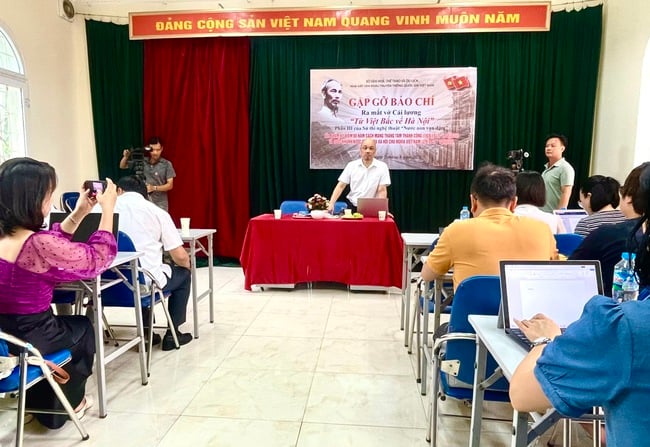
The press conference to launch the opera "From Viet Bac to Hanoi" took place on the morning of August 7 in Hanoi.
Through the narrative chronicle, People's Artist Trieu Trung Kien and the creative team skillfully led the audience through each arduous journey: organizing and building revolutionary forces in Cao Bang and Thai Nguyen; establishing the Viet Minh Front; diplomatic struggles with international forces; and especially the years when he was imprisoned in China; Nguyen Ai Quoc's journey back to the Fatherland in 1941, until the day he read the Declaration of Independence in 1945. That was a stormy period, both seething with struggle and quietly preparing, laying the foundation for the birth of the Democratic Republic of Vietnam. All were elaborately staged with the art of reformed opera, combining drama and music, to create an epic on stage.
A special highlight of the play is letting the character Ho Chi Minh "sing" like any other cai luong character. The play breaks the old way by letting the character Ho Chi Minh sing cai luong, which was once considered "taboo" in building the image of a leader. This choice has made Uncle Ho on stage closer to the public, just like the way he lived among the people, with very real concerns, loves and aspirations.
But that is what makes choosing an actor to play Uncle Ho the biggest challenge of the entire play. Artist Van Thuan - who was assigned to take on this role, shared that he once intended to refuse because he was worried that he "couldn't handle it". With a dense amount of dialogue, the demands on style, voice, charisma and psychological depth, the role of Uncle Ho is not only a role but also a professional challenge.
However, with encouragement from the director and colleagues, Van Thuan embarked on an elaborate preparation journey: practicing his voice, gait, posture, eyes and most importantly, his demeanor.
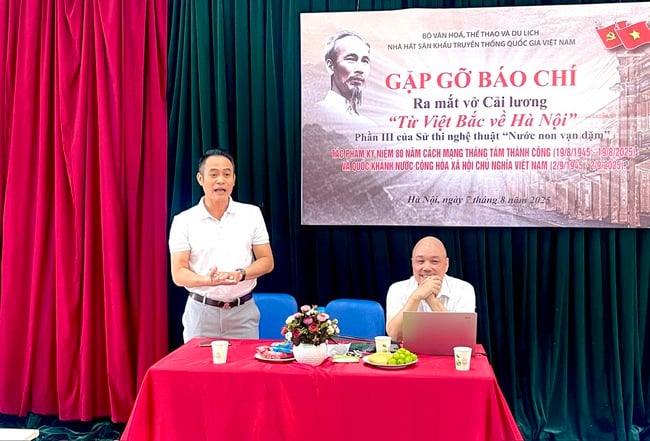
Artist Van Thuan shared at the press meeting.
With serious investment in staging, costumes, music, and a creative team including famous names such as People's Artist Trong Dai, People's Artist Doan Bang, Hoang Song Viet, Meritorious Artist Tien Dai... and more than 60 actors, musicians and technicians participating, "From Viet Bac to Hanoi" is one of the largest-scale plays of the year.
The play also cleverly inserts many details that surprise the audience: poems from "Prison Diary" are naturally inserted; international characters such as Archimedes Patti, William Shaw or simple Chinese and Vietnamese people create a rich picture of the wartime Indochina context.
The Cai Luong play "From Viet Bac to Hanoi" is a special spiritual gift on the occasion of September 2 and the 80th anniversary of the Cultural sector - where theater and history blend together to remind us that: preserving culture is also preserving independence, freedom and happiness today./.
Source: https://bvhttdl.gov.vn/tu-viet-bac-ve-ha-noi-khac-hoa-hinh-tuong-bac-ho-qua-ngon-ngu-nghe-thuat-cai-luong-20250807135352036.htm


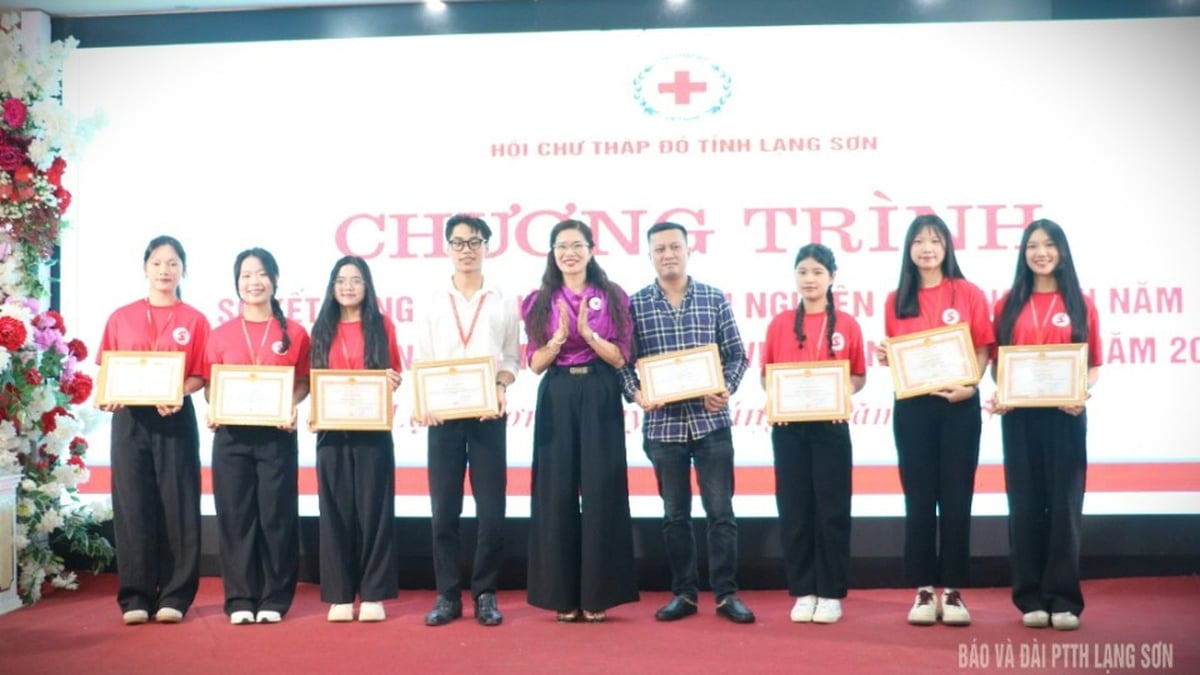
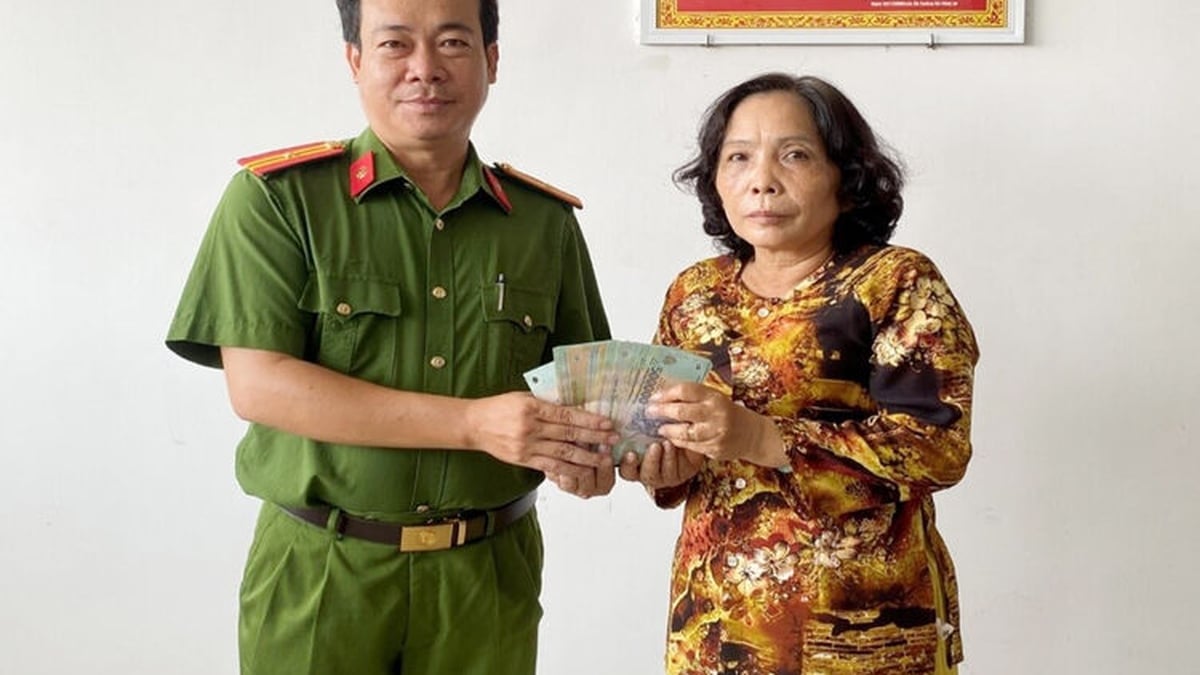

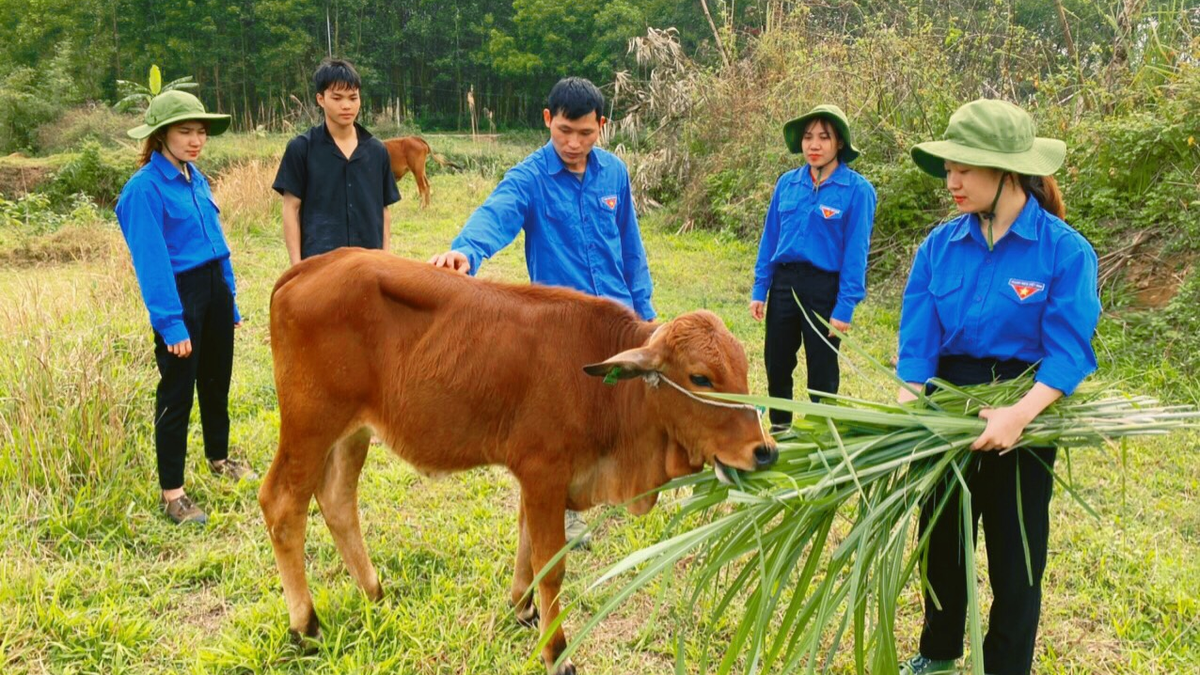
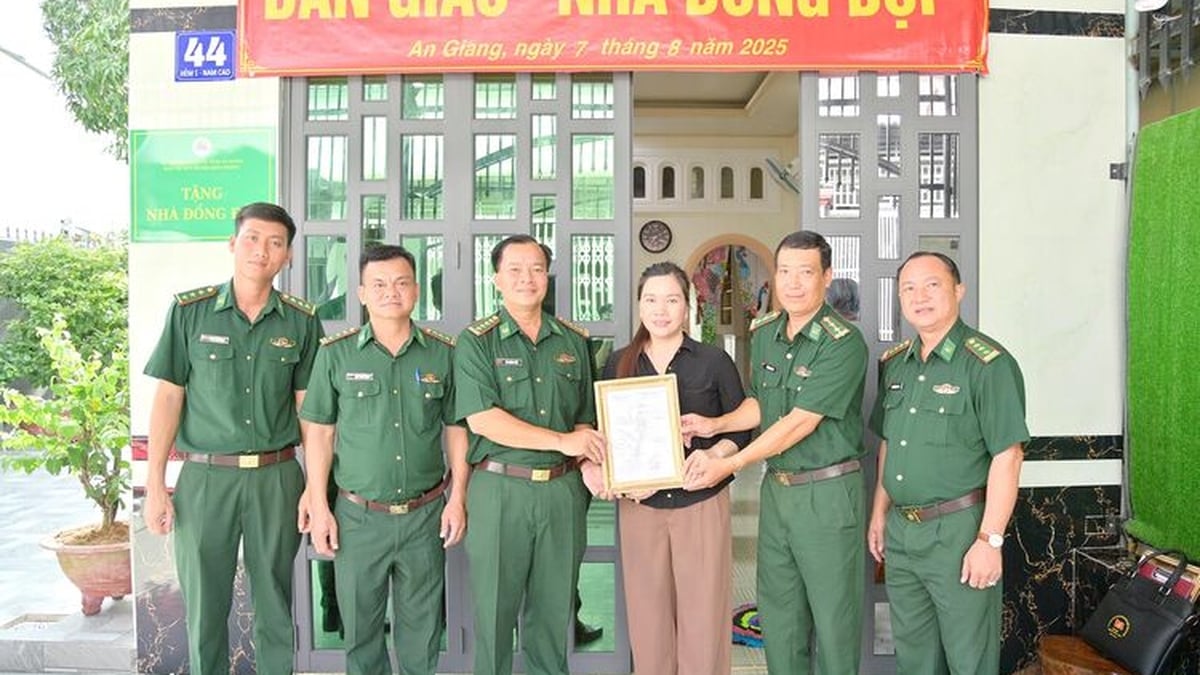
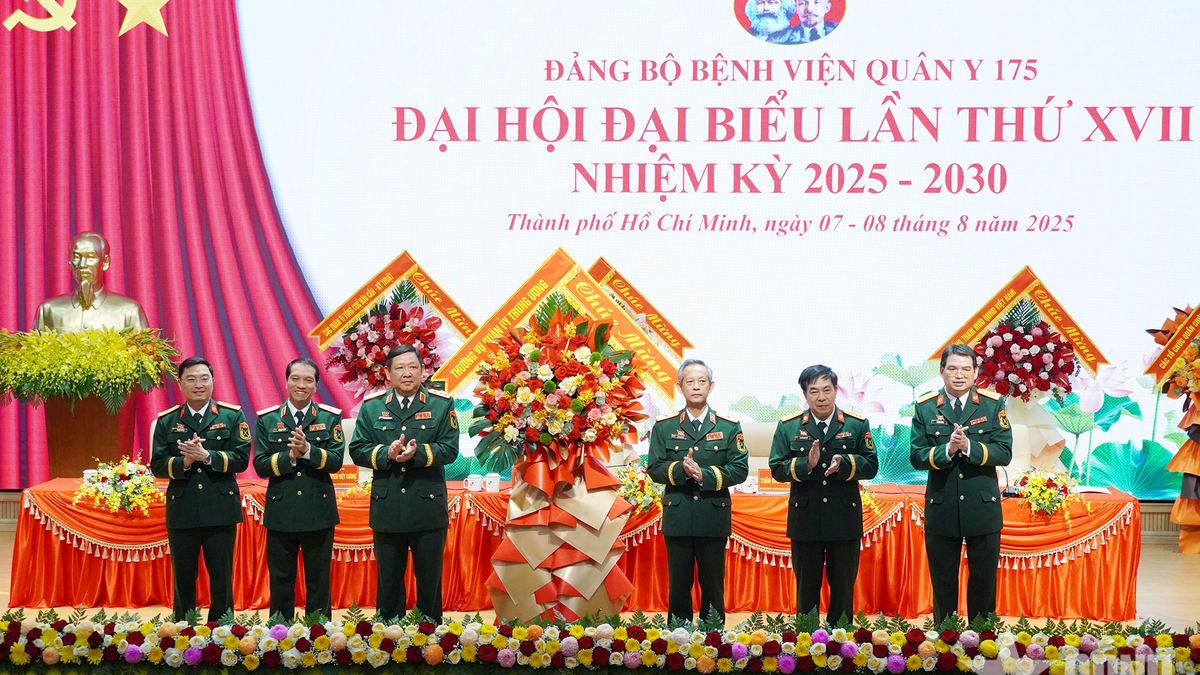

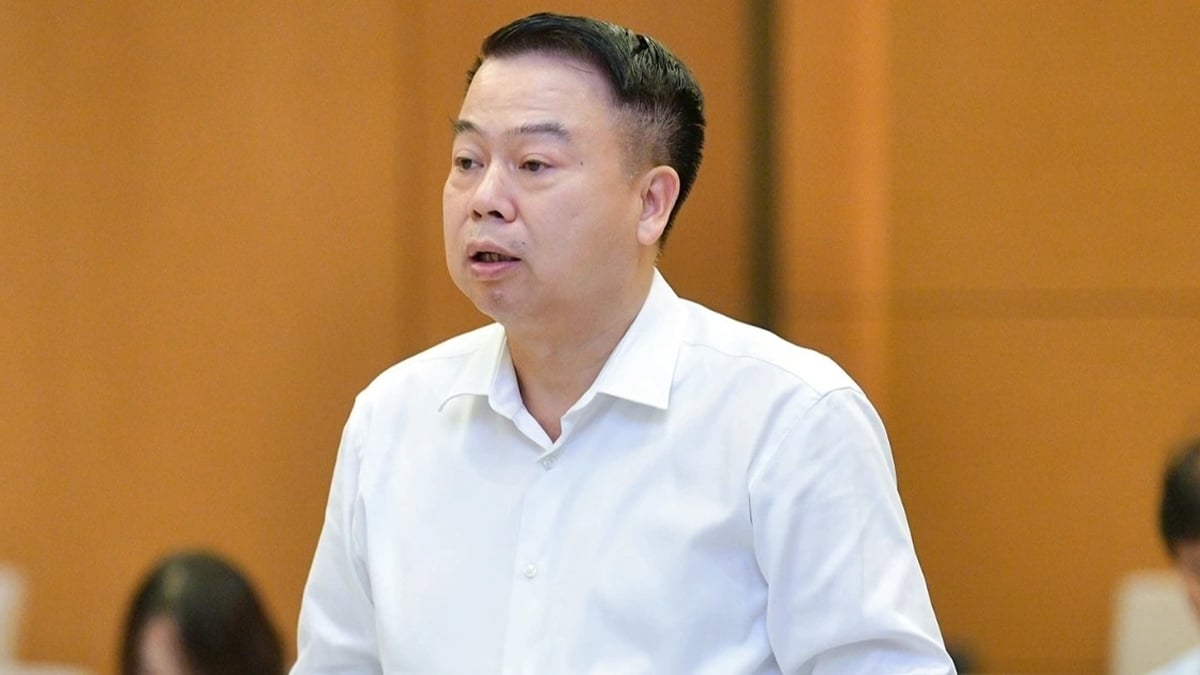
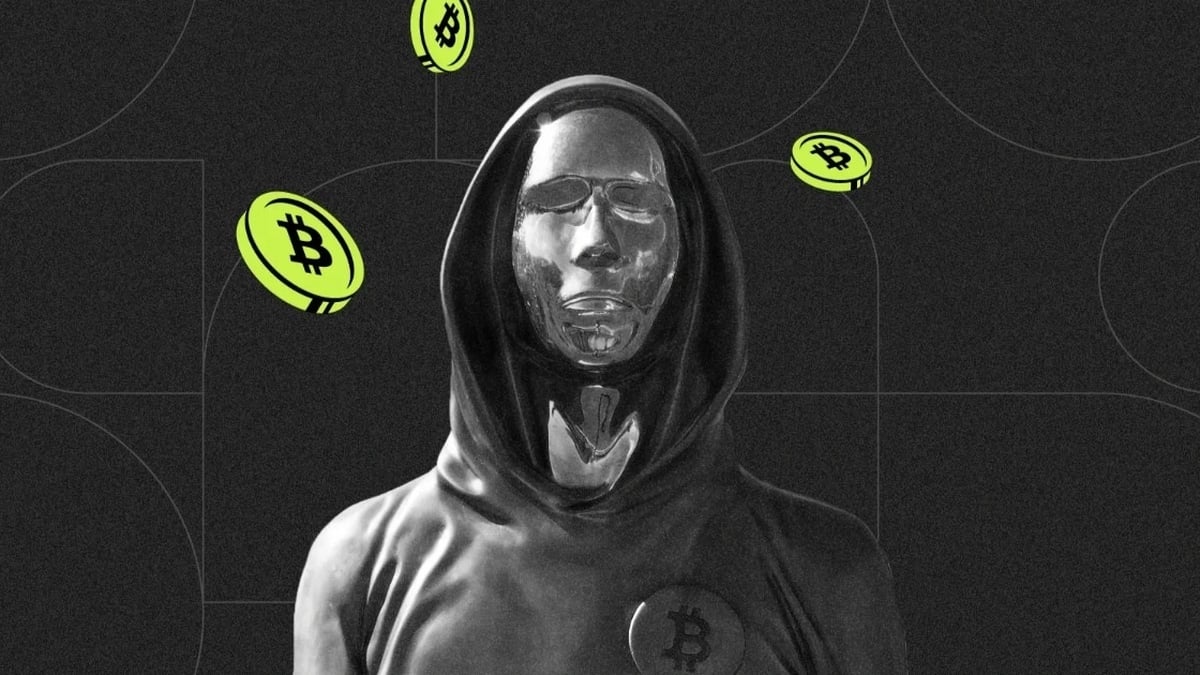
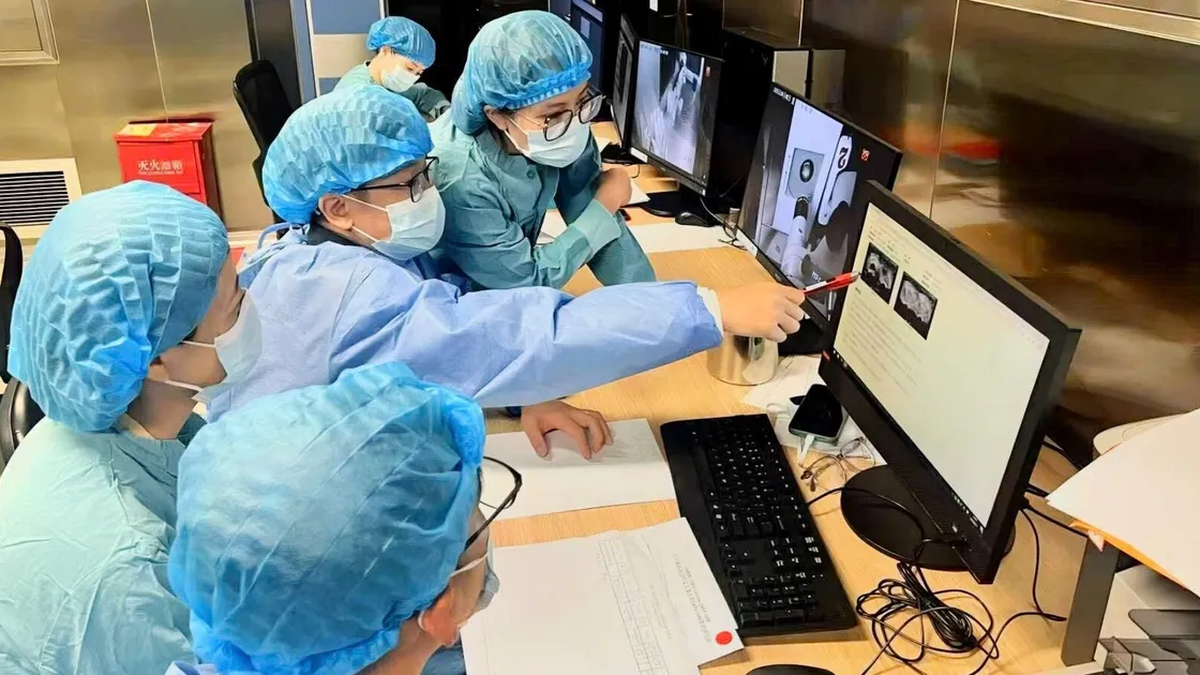










![[Photo] Discover the "wonder" under the sea of Gia Lai](https://vphoto.vietnam.vn/thumb/1200x675/vietnam/resource/IMAGE/2025/8/6/befd4a58bb1245419e86ebe353525f97)

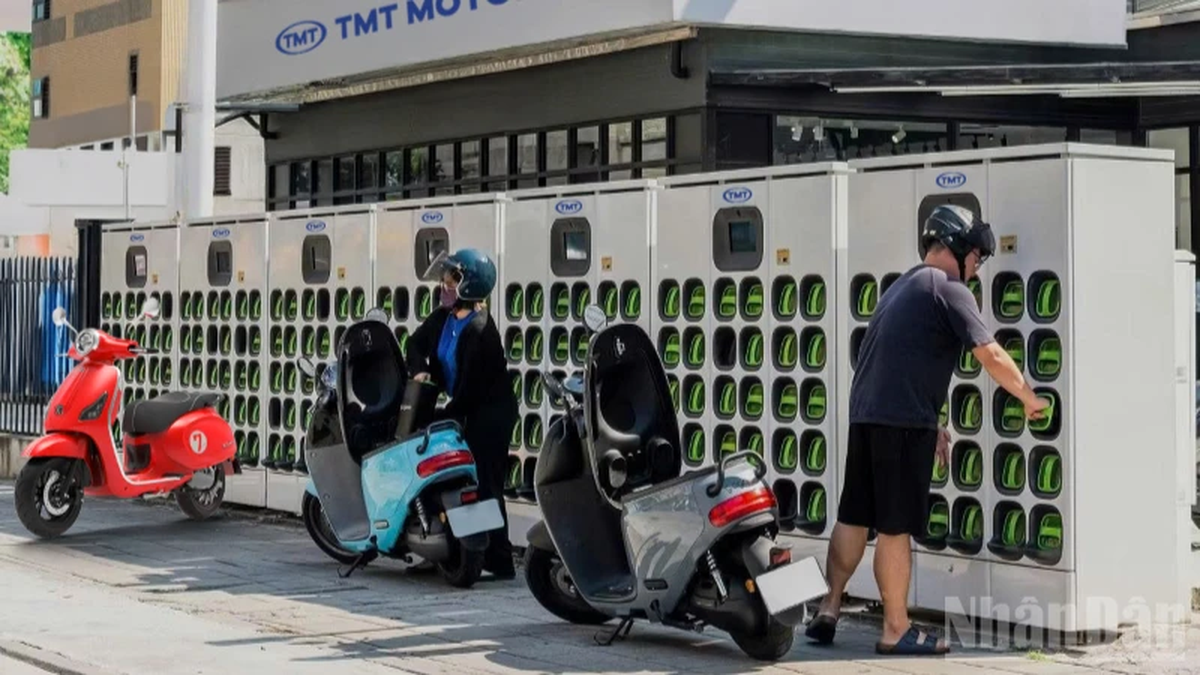




![[Photo] Nghe An: Provincial Road 543D seriously eroded due to floods](https://vphoto.vietnam.vn/thumb/1200x675/vietnam/resource/IMAGE/2025/8/5/5759d3837c26428799f6d929fa274493)























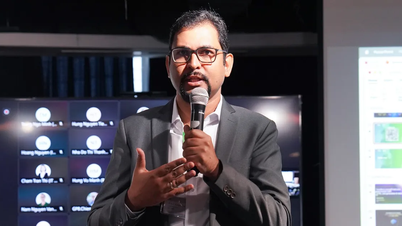







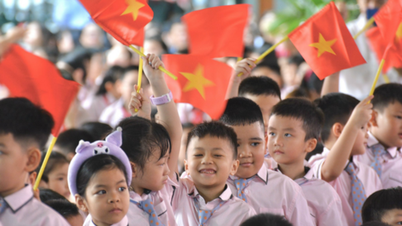



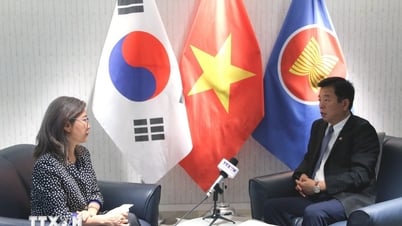
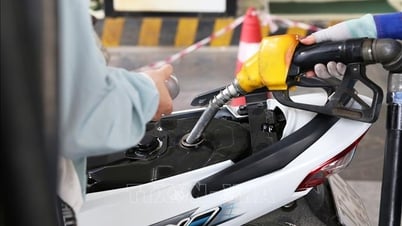

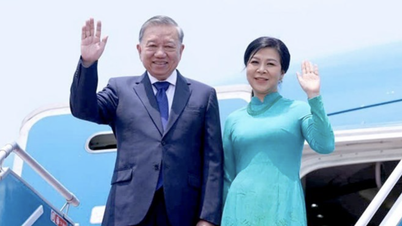
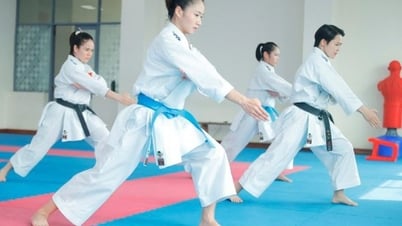

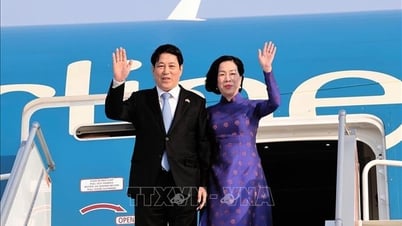

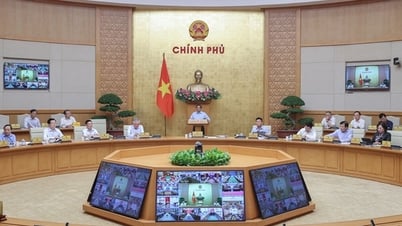




















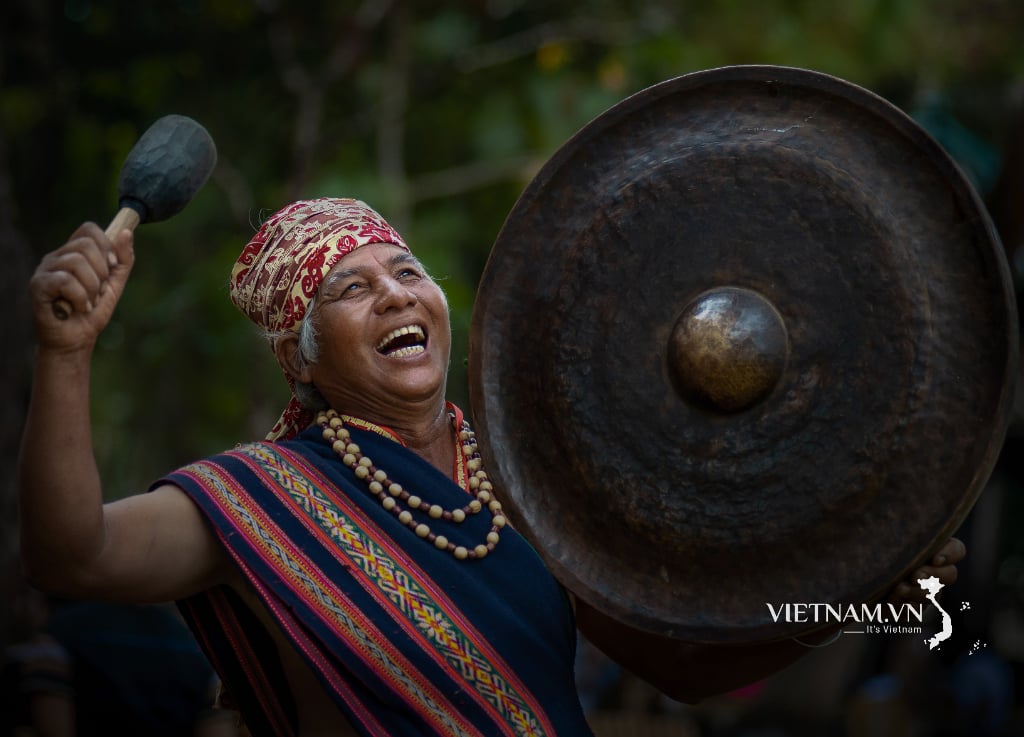

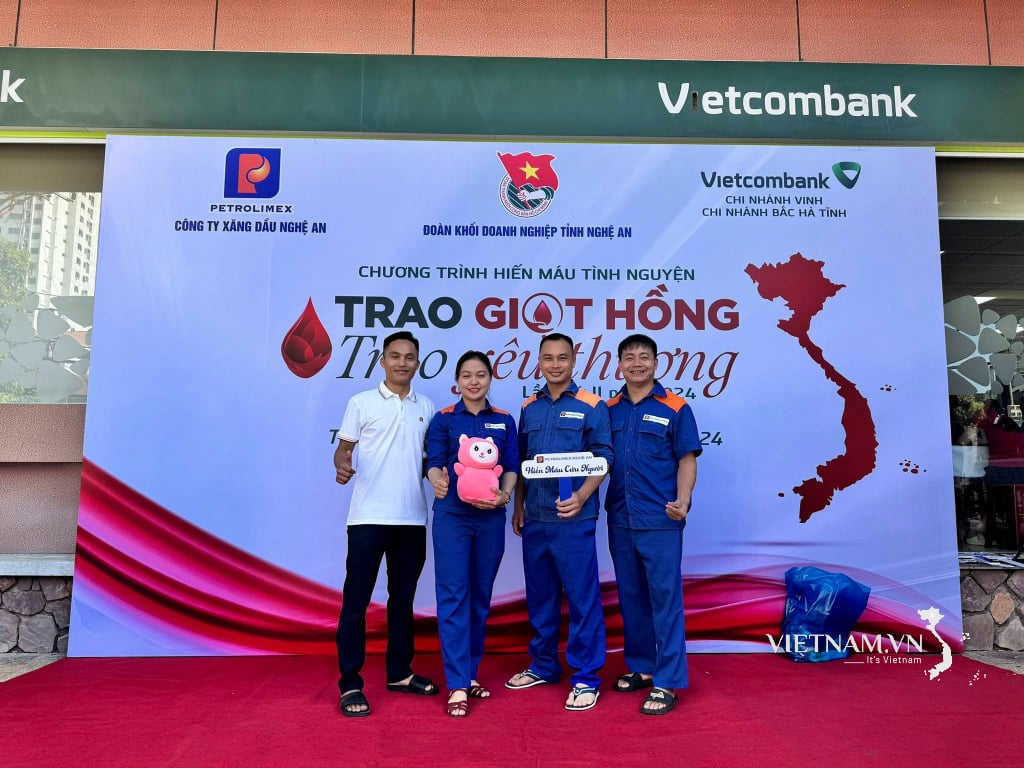
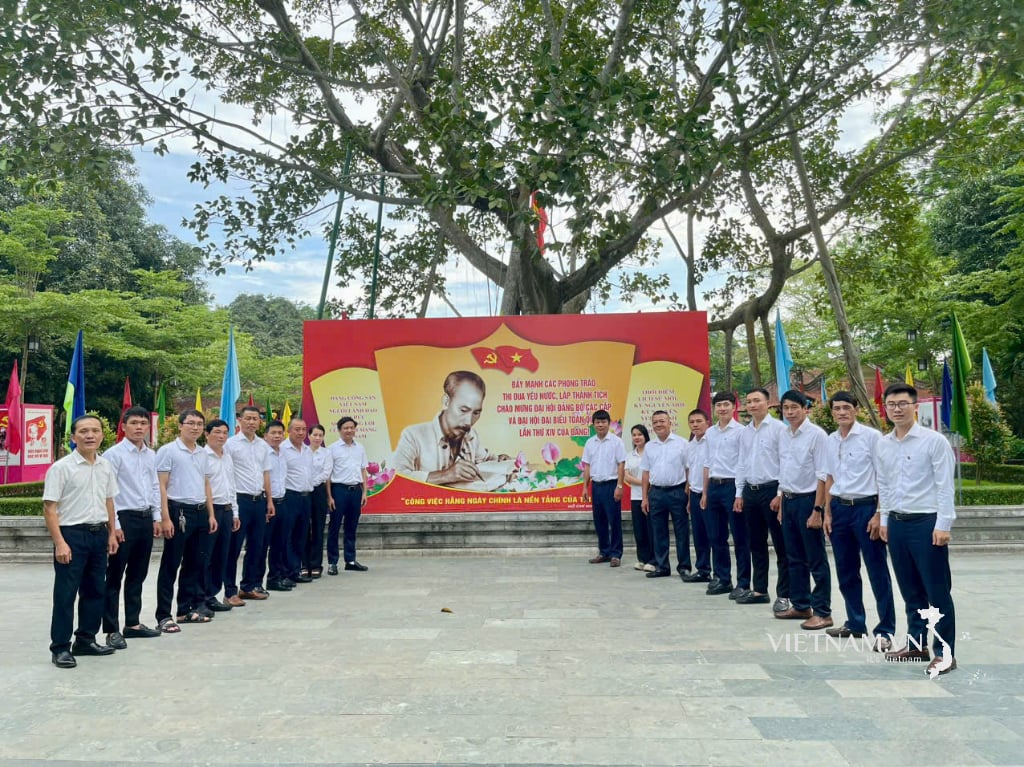
Comment (0)